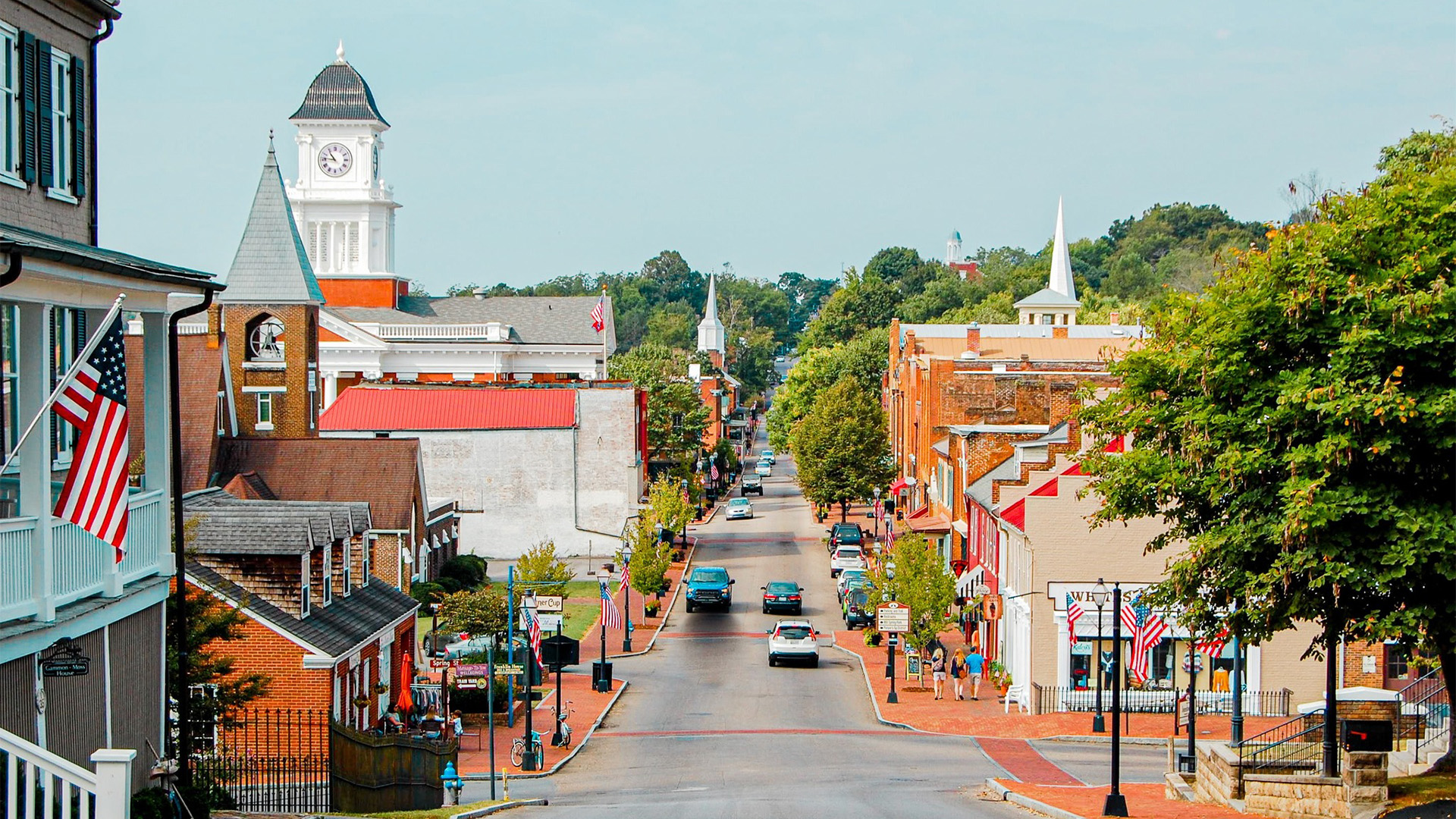Founded in 1779, Jonesborough proudly claims the title of the oldest town in Tennessee, which predates Tennessee’s statehood. It is infused with a sense of heritage that resonates through its well-preserved architecture and storied streets. Originally a vital hub for pioneers and settlers, Jonesborough played a pivotal role in the westward expansion, witnessing firsthand the early growth and development of our nation.
Today, tourists visit Jonesborough to experience its quaint shops, restaurants, historic buildings and popular events. The town also has an interesting and unique history that is worth exploring. From its humble beginnings as the first capital of a failed state, to its part in the abolitionist movement and current status as the storytelling capital of the world, this town has evolved into a charming blend of historic preservation and cultural celebration.
Did you know…
Jonesborough was established in 1779 when Tennessee was still claimed by North Carolina. Soon after Jonesborough was established, local settlers felt they were being ignored by their state government and wanted more protection. In 1784, they broke away from North Carolina and founded the State of Franklin, with Jonesborough as its first capital. A constitution was written, and John Sevier, a Revolutionary War hero, became governor.
In 1785, Franklin applied to the U.S. Congress for statehood, naming the state after Benjamin Franklin, but he denied the honor of the state, and Congress denied the State of Franklin. The Franklin government refused to acknowledge this decision, and by this point, North Carolina realized how valuable the land was, so they wanted it back. The tension between the two governments ultimately led to the “Battle of Franklin,” which resulted in three deaths and North Carolina reclaiming the land. However, the land became a part of Tennessee in 1796 when it was admitted to the Union as the 16th state with Sevier as its first governor. Jonesborough was the start of a full circle moment for the State of Tennessee.
Storytelling Capital of the World
Jonesborough’s storytelling tradition can be traced back to its early days when settlers and pioneers would gather to share stories around the fire. In 1973, a local teacher, Jimmy Neil Smith, invited Appalachian storytellers to an event outside the town’s courthouse to share their own stories atop an old farm wagon for an audience of about 60 listeners. Over time, the annual gathering of storytellers grew and became the National Storytelling Festival, solidifying Jonesborough’s title as the Storytelling Capital. Every October, more than 15,000 people travel to Jonesborough to attend this festival, which is now one of the largest and most prestigious in the world.

Photo Credit: Main Street Jonesborough
Center of the Abolitionist Movement
Jonesborough is home to the first publication dedicated to the abolitionist movement named The Emancipator. It called for the freeing of slaves decades before the Emancipation Proclamation was signed, and it was founded and published by Quaker Elihu Embree, a former slave owner.
In 1820, Embree published issues of The Emancipator monthly for seven months before he died in December of that year. During that time, he accumulated 2,000 subscribers, and many local readers freed their slaves. Today, a historical marker in downtown Jonesborough shows where the paper was printed.
To learn more about Tennessee’s oldest town, visit jonesborough.com.














